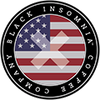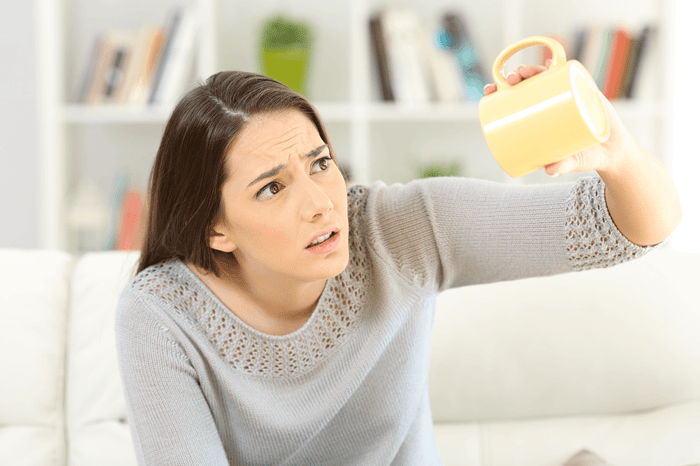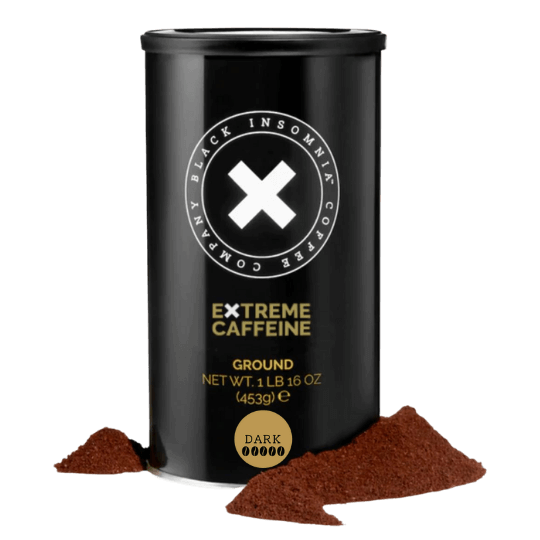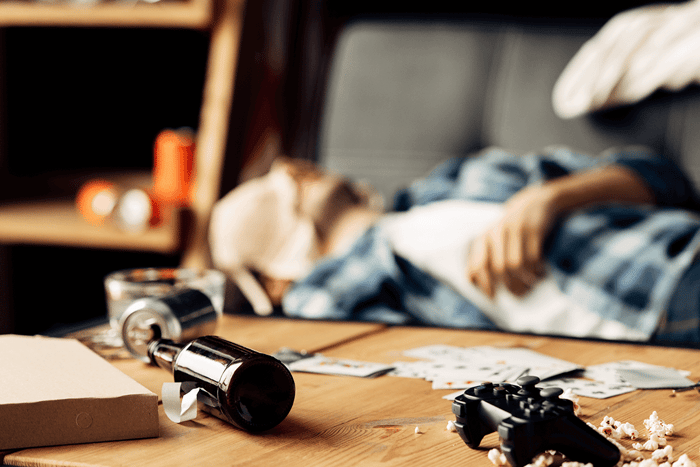
What do you picture when you think of caffeine? I don’t just mean a cup of your favorite coffee—I mean the actual substance.
Caffeine is a white, bitter-tasting substance that’s found naturally in many plants, including coffee beans (obviously), cacao pods, and tea leaves.
It increases alertness, boosts your energy, and can have other health benefits as well. For most people who drink coffee, caffeine is a vital tool that helps them wake up, focus, and just generally deal with what life throws at them every day.
As the Cleveland Clinic says, “hack [caffeine’s] benefits, and it can help you get through the day.”
But, like most of the best things in life, if you overuse it, you can end up with some problems.
Caffeine affects everyone differently depending on a number of variables (age, body weight, sex, sensitivity, et cetera.) But no matter who you are, if you use caffeine irresponsibly—for you—you can experience some not-so-pleasant withdrawal symptoms. Headaches, tiredness, difficulty concentrating, and irritability are typical caffeine withdrawal symptoms.
If you’re to the point where you’re regularly taking caffeine in pill form, chances are you need to cut back. But for most people, drinking 2, 3, even 4 cups of coffee first thing in the morning doesn’t cause any issues.
How do you know if you’re actually experiencing caffeine withdrawal, though?
The symptoms are pretty obvious, but they’re also extremely generic—that is, headaches, tiredness, and generally “being cranky” are symptoms of lots of different things (as anyone who’s ever been on WebMD can attest).
The symptoms of caffeine withdrawal usually start about 12 to 24 hours after the last caffeine intake, and can last approximately 2 to 9 days.
No one wants to muddle through the workweek with a headache every day—fortunately, withdrawal from caffeine is relatively easy to deal with. Here are a few tips that can help you reduce—or even completely avoid—the symptoms of caffeine withdrawal:
- Reduce your caffeinated beverage intake, but…
- Don’t go cold turkey. Cut back on your daily caffeine slowly to reduce the chances of experiencing side effects.
- Hydrate. Drinking enough water is crucial when cutting out caffeine. Being dehydrated worsens withdrawal symptoms like fatigue and headaches.
- Sleep. Make sure you’re getting enough sleep to counteract any tiredness caused by drinking less coffee.
- Exercise. I know—no one ever likes to hear this given as a tip for anything, but in this case, I promise it can help. If you’re dealing with low energy levels and feeling stressed, exercising more can counteract these side effects—hey, at least until the 2-9 days is up, right?
As you can see, as far as “withdrawal” goes, caffeine withdrawal isn’t the worst—not by a long shot.
Withdrawal is a scary-sounding word, but if your worst problem is caffeine withdrawal, please write and let me know how we can exchange lives.
Caffeine can be a majorly useful tool to have in your arsenal to help you wake up, concentrate, and just generally deal with life’s shit. But like anything—alcohol, key lime pie, even water—just make sure you don’t overdo it.
Otherwise, take advantage of what nature has provided us!






